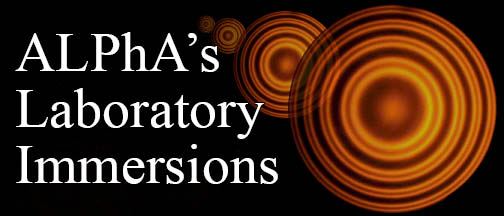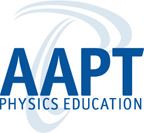- Home
- What We Do
- Laboratory Immersions
- Immersions 2020
- Imm2020CWU_Arduino
Central Washington University – Ellensburg, Washington
Developing Arduino Based Instruments
Dates: July 30, 2020 to August 1, 2020
Number of setups available: 3
Maximum number of participants: 6
Arduinos are versatile and inexpensive programmable microcontrollers that enable students to transition from structured upper-division labs to creative experimental design. Incorporating Arduino into project-based courses meets essential learning outcomes related to electronics, signal processing, calibration, and programming in addition to the physics for which an Arduino-based instrument serves. It is also easy to make Arduino devices portable, allowing students to develop instruments for experiments outside the laboratory. For example, students exposed to Arduino as part of the CWU curriculum have developed advanced experiments for high altitude balloons and rockets.
During the first half of this Immersion, participants will be introduced to Arduino with hands-on exercises focused on programming, serial communication, interfacing with common transducers for measurement and control, basic electronics assembly techniques, data storage/display, and best practices for instruction. During the second half of the Immersion, participants will design and implement an advanced Arduino-based portable experiment. Supplies will be provided for each team of two to construct a portable electric field mill, which can be used to measure slowly varying static electric fields associated with Earth’s global circuit. Participants are also welcome to consult with the Immersion mentors to develop and construct a portable instrument of their choosing.
The Arduino is a very low cost platform. The cost of the Arduino boards used in this Immersion is less than $30, with most sensors and electrical components costing less than $20, and we have assembled many Arduino-based instruments for well under $100. The Arduino IDE software is free. CWU will provide computers and hardware for experiments, but participants are encouraged to bring their laptops.
A well-equipped workstation
used for assembling Arduino-based instruments.
An Arduino-based muon
detector designed and assembled by a student to be lofted on high altitude balloon
missions. The Arduino controller of the
detector is outlined in red.
Mentors: Darci Snowden and Michael Braunstein
Prof. Snowden has been teaching students to use Arduinos for four years in upper-division physics courses at CWU and has also mentored multiple undergraduate research projects in which the development of Arduino-based instruments plays a central role. Much of Prof. Snowden’s experience with Arduino has been in the context of developing instruments for high-altitude balloon missions, and discussions specific to that context are welcome.
Prof Michael Braunstein will assist. Prof. Braunstein has had primary responsibility for the CWU physics upper division electronics and advanced laboratory curriculum for more than twenty years and is an enthusiastic mentor of undergraduate research across a broad range of topics. He has benefited from participation in a number of ALPhA Immersions, ALPhA initiatives, and other physics advanced lab workshops.





